The Belarusian leader noted that every effort must be made to prevent bloodshed, which would be inevitable if Wagner formations continue to move towards the capital Moscow.
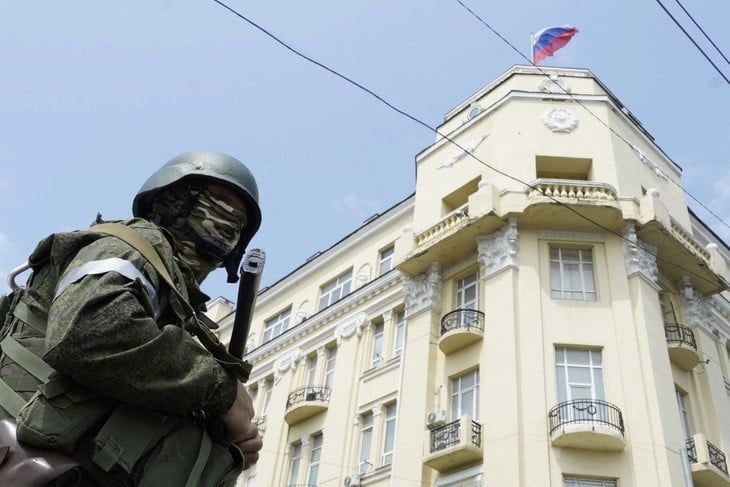 |
| Members of the Wagner private mercenary group stand guard outside the headquarters of Russia's Southern Military District in the city of Rostov-on-Don, June 24. (Source: AFP) |
In an interview with RT TV channel, broadcast on June 26, Russian Foreign Minister Sergei Lavrov said that on the morning of June 24, when information about a mutiny in Russia began to appear, Belarusian President Alexander Lukashenko called his Russian counterpart Vladimir Putin and offered support to resolve the situation.
In a phone call with the Russian president, Mr Lukashenko expressed support for resolving the situation with Wagner founder Yevgeny Prigozhin peacefully.
The Belarusian leader also noted that every effort must be made to prevent bloodshed, which would be inevitable if Wagner's formations continue to move towards the capital Moscow.
Mr. Lukashenko's proposal was supported by Mr. Putin, thanks to which the Belarusian President successfully negotiated with leader Wagner and convinced him to stop the uprising and resolve the situation peacefully.
According to Foreign Minister Lavrov, Russian intelligence agencies are investigating whether the mutiny organizers received any help from Western intelligence agencies. The US ambassador to Russia has assured Moscow that Washington was not involved in organizing the mutiny.
Previously, on June 24, the Wagner mercenary group sent thousands of troops into southern Russia in a rebellion.
Speaking on television, President Putin affirmed that the Russian armed forces had been given the necessary orders to neutralize the organizers of the armed uprising. He called the organizers of the uprising traitors and stressed that they would face "inevitable punishment".
However, the situation was restored after 24 hours. Wagner leader Yevgeny Prigozhin decided to stop sending troops to Moscow, chose a de-escalation solution and accepted the proposal from the intermediary, Belarusian President Alexander Lukashenko.
Accordingly, Mr. Prigozhin went to Belarus while his soldiers would not be prosecuted, and gunmen who refused to cooperate with him could sign contracts with the Russian Ministry of Defense.
Source



![[Photo] National Assembly Chairman Tran Thanh Man meets with Thai Prime Minister Paetongtarn Shinawatra](https://vphoto.vietnam.vn/thumb/1200x675/vietnam/resource/IMAGE/2025/5/15/e71160b1572a457395f2816d84a18b45)


![[Photo] Prime Minister Pham Minh Chinh receives Country Director of the World Bank Regional Office for Vietnam, Laos, Cambodia](https://vphoto.vietnam.vn/thumb/1200x675/vietnam/resource/IMAGE/2025/5/15/2c7898852fa74a67a7d39e601e287d48)







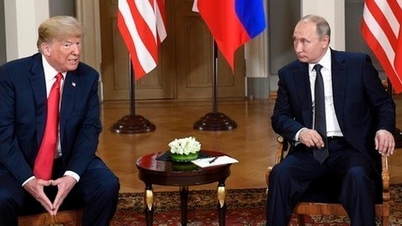







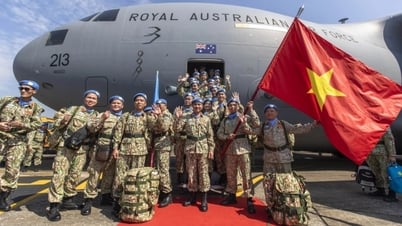

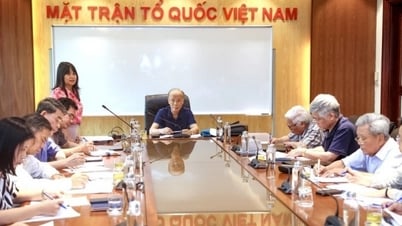






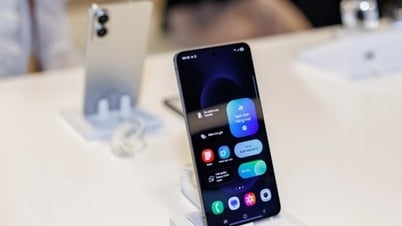
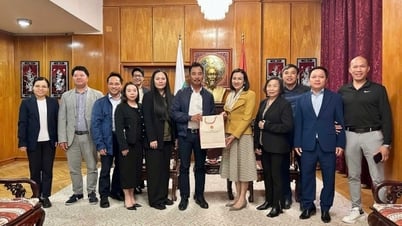

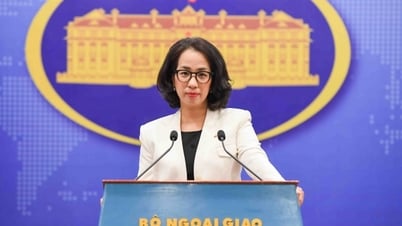



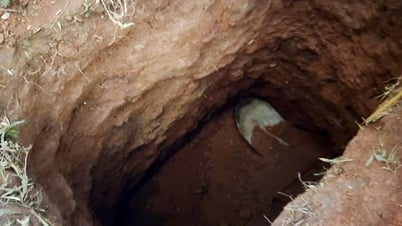

























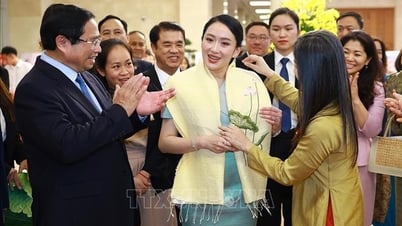
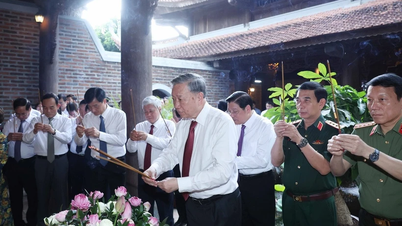







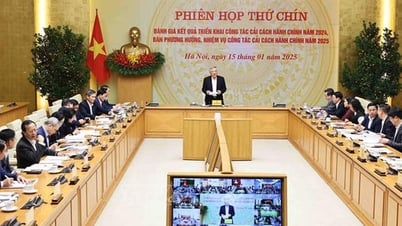
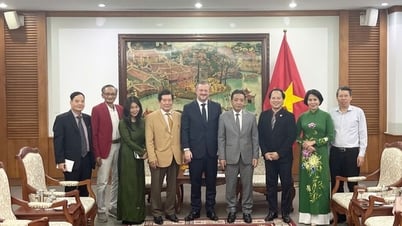
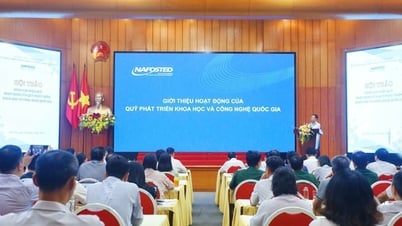

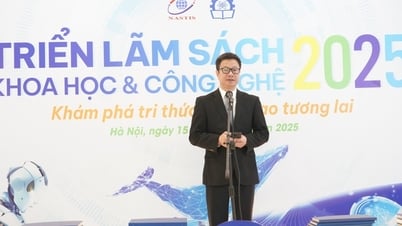



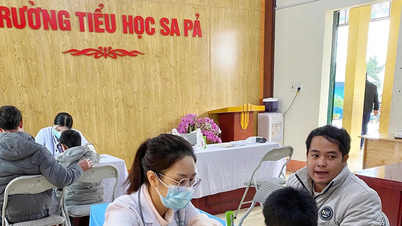

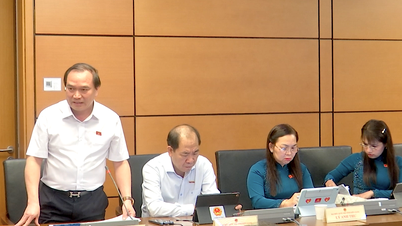

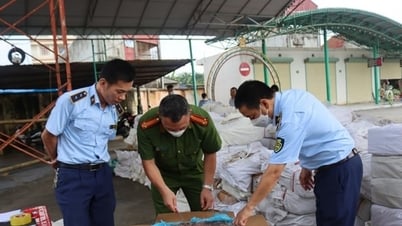










Comment (0)